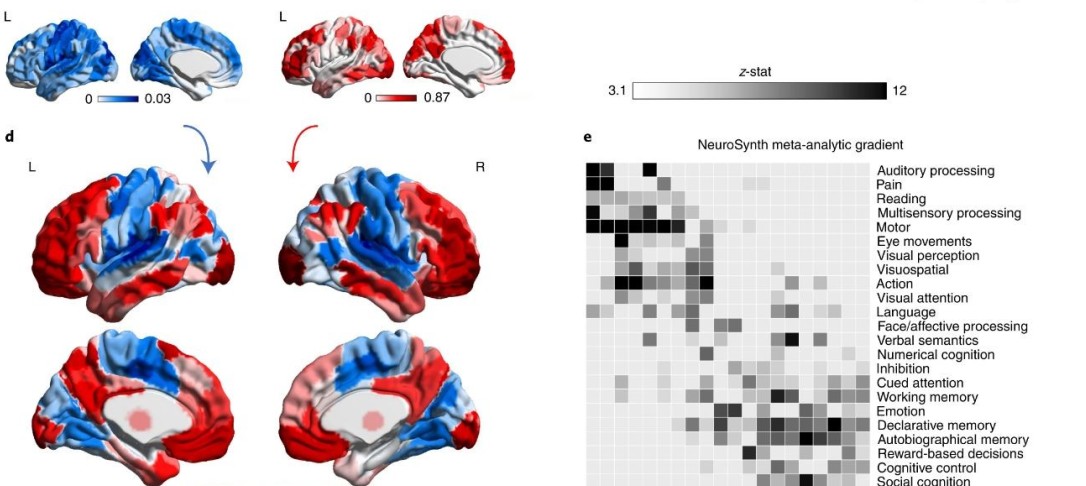
A Centre for Complexity Science seminar. One of the key principles of information processing is that it is substrate-independent – i.e. the same computation can be implemented by multiple systems obeying different physical laws. In this talk, I will illustrate how the principles of information decomposition (in particular, metrics of synergy and redundancy) can provide such a substrate-independent description of computation in complex systems by linking biological and artificial brains. First, I will show results obtained from fMRI data showing that regions of the brain responsible for high-level cognitive processes are synergy-rich, while areas responsible for sensory input and motor output are redundancy-rich. Then, I will show results from a study of artificial neural networks, showing that synergy increases as neural networks learn novel tasks, possibly aiding in the process of generalizing learned representations; while redundancy helped the network sustain random perturbations. Together, these results suggest different functional roles of synergy and redundancy for computation in complex systems.